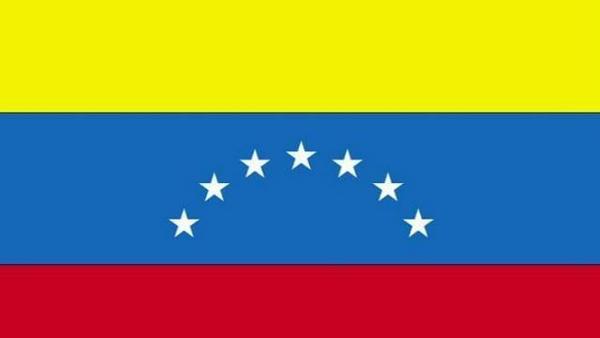CARACAS, Venezuela (AP) — A complex effort to recall President Nicolas Maduro can advance, Venezuelan electoral officials said Friday, but opponents of the leader still face enormous hurdles to removing him from office — and even more in ousting his socialist party as the country plunges into economic crisis.
National Electoral Commission chief Tibisay Lucena said the agency has tentatively accepted 1.35 million signatures on petitions to start a recall process. That’s far more than the 196,000 required by law.
But many steps remain before a vote could be held to recall president, whose popularity has plummeted along with spreading shortages, hunger and isolated cases of looting.
If the process takes more than seven months, the opposition would lose the chance to challenge for the presidency in a new national election. If a recall vote occurs after mid-January, Maduro would be replaced by his vice president.
Critics have long accused the electoral tribunal, as well as the courts, of bowing to the will of the presidency and trying to drag the process out or kill it altogether. Two-time presidential candidate Henrique Capriles accused the council of “trampling on the demonstration of the people’s will” by using spurious reasons to invalidate 600,000 of the signatures collected in April.
Even those it accepted won’t be valid unless people confirm their signatures by going to a special government center from June 20 to 24, Lucena said. And those who signed can still petition to remove their names.
If enough signatures are finally certified, a separate petition drive would be held to gather the signatures of 20 percent of registered voters needed to actually hold a recall, followed by another process of ratifying the signatures.
Opposition parties have mounted repeated street demonstrations to demand the electoral council move ahead with the process, and government forces — along with mobilized supporters — have used force to block them from reaching the council headquarters.
Pro-government groups used pipes or tubes to beat congressional majority leader Julio Borges, leaving him bloody, after a demonstration on Thursday.
U.S. State Department spokesman John Kirby issued a statement on Friday condemning “acts of violence designed to intimidate citizens exercising their democratic rights.”
Lucena, meanwhile, warned that any disturbances could lead to “immediate suspension of the process until order, tranquility and respect has been restored.”
Amnesty International said Friday the country risks falling into “a catastrophic crisis” as it faces severe shortages of food and medicine, human rights violations and the widespread availability of arms in a country plagued by criminal violence.
The rights organization’s director for the Americas, Erika Guevara-Rosas, criticized the government for failure to recognize the scope of the humanitarian crisis” or to seek international help.
The government’s Communication Ministry did not respond to requests for comment.
Maduro has blamed the problems on an “economic war” mounted by critics in league with Washington. Critics blame government corruption and policies such as exchange controls that have led to a collapse in the value of the country’s currency.
Copyright 2024 The Associated Press. All rights reserved. This material may not be published, broadcast, rewritten or redistributed.

